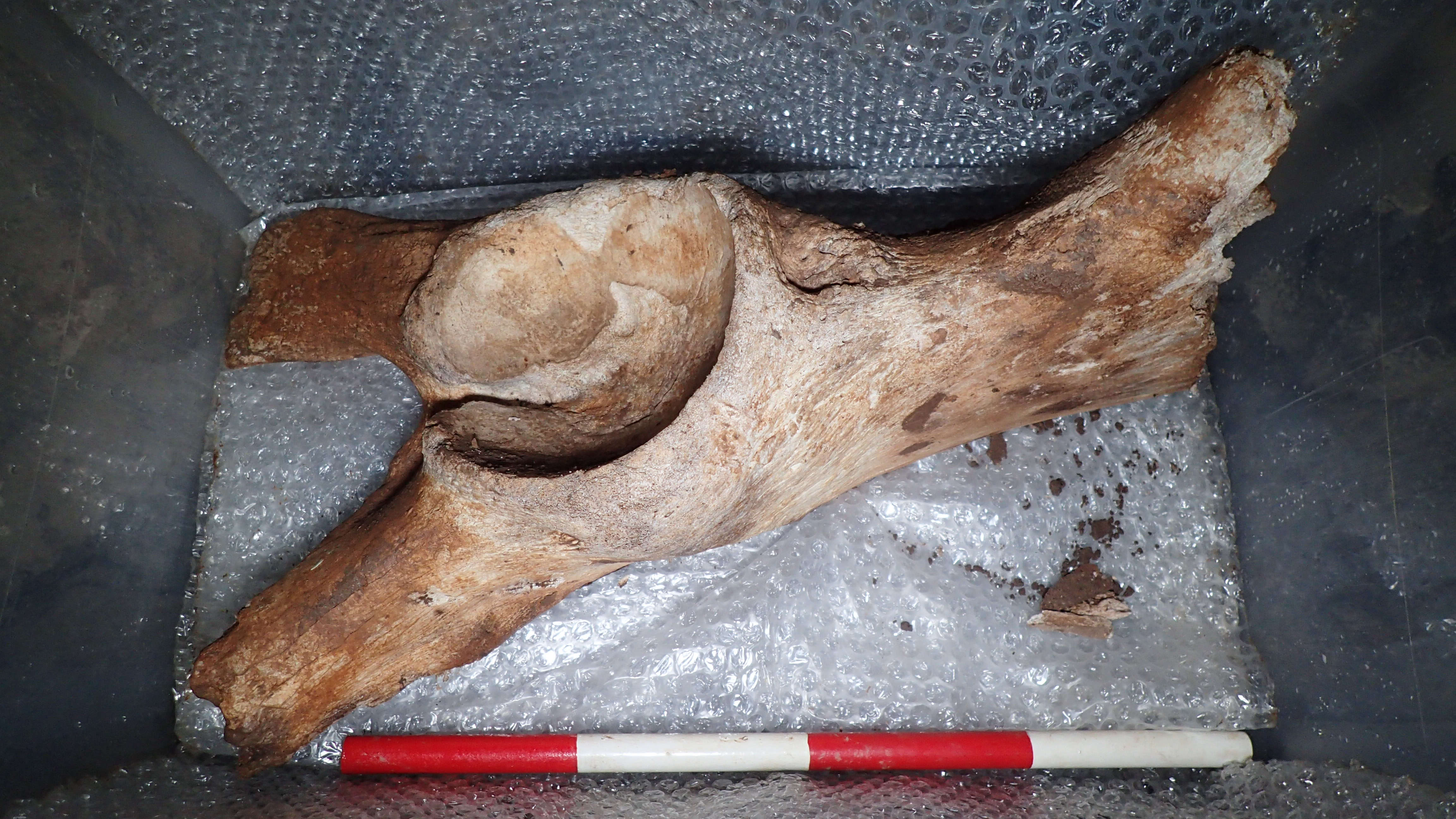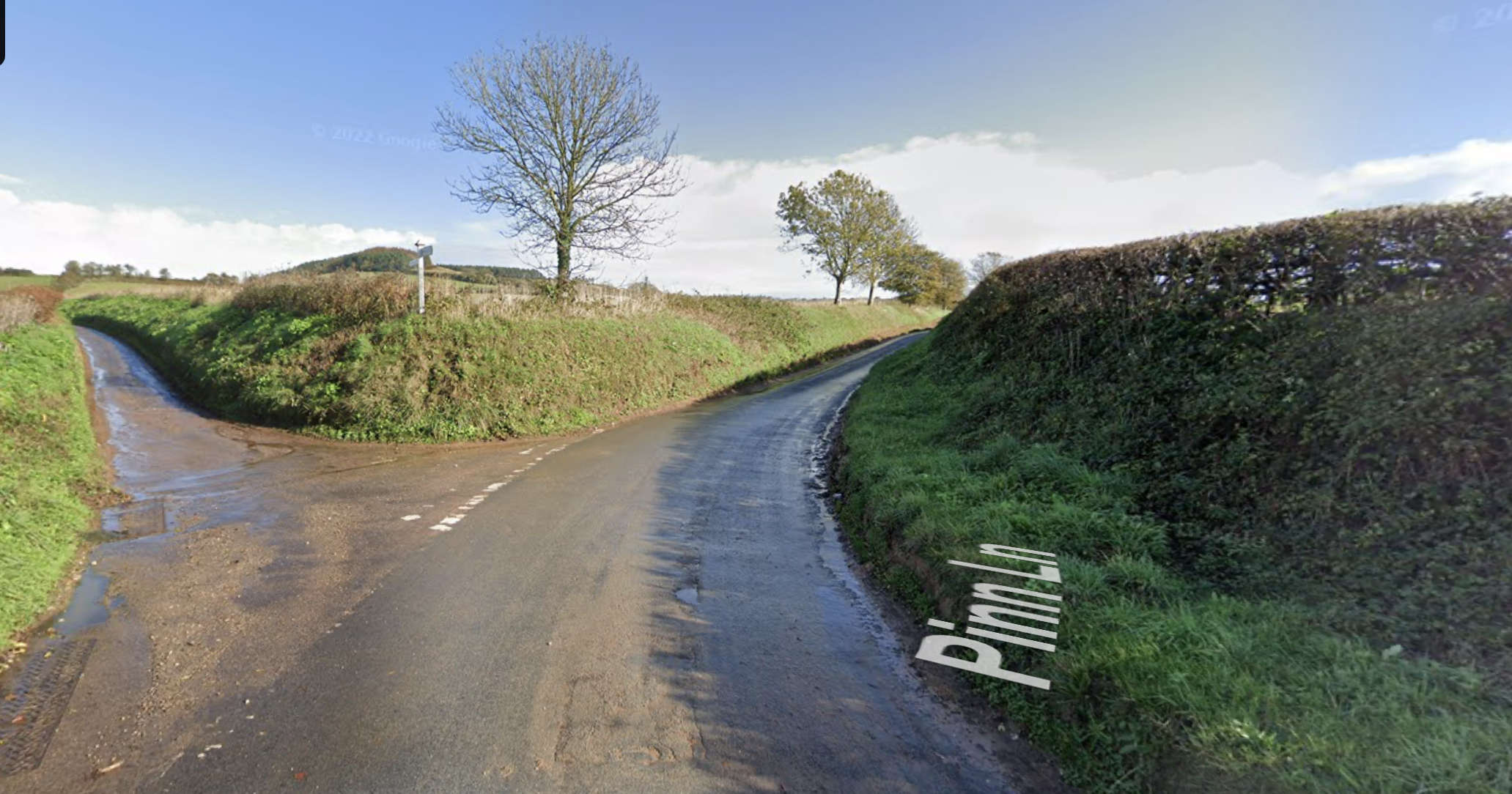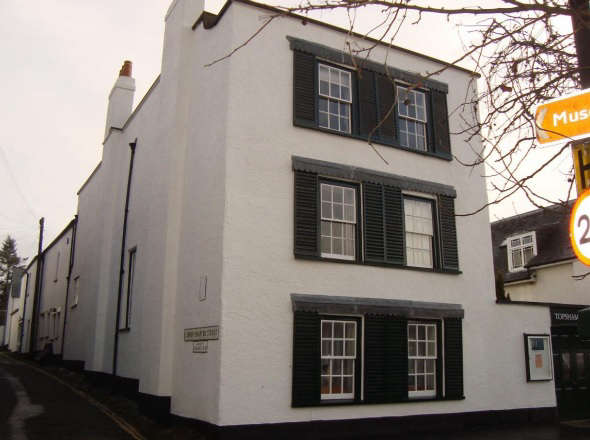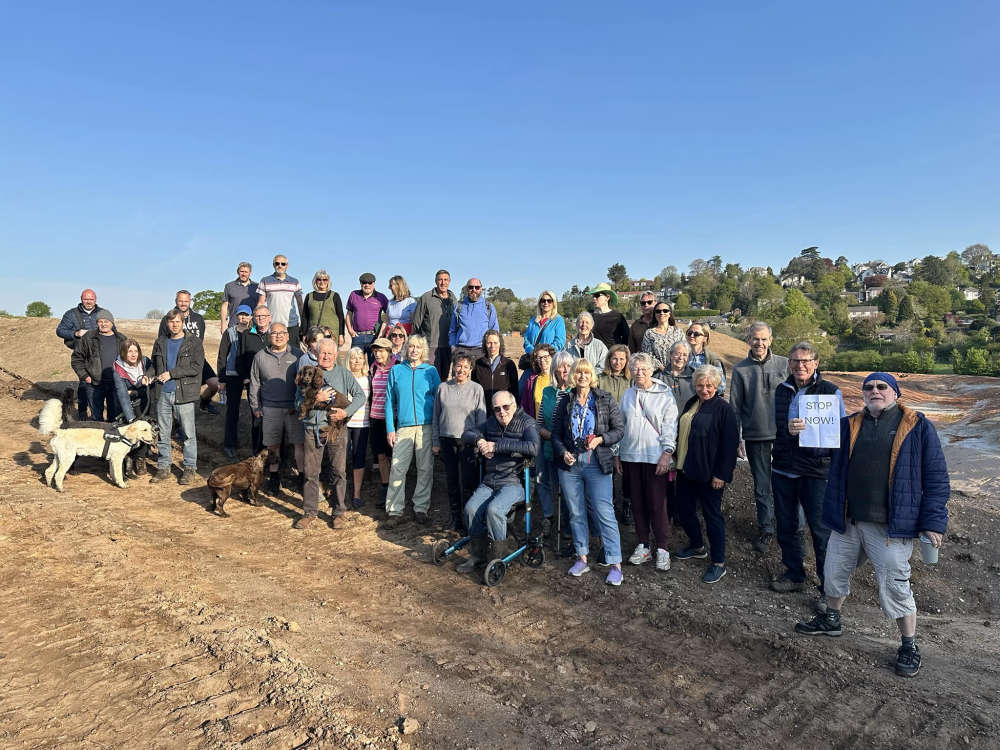
Construction won't take place where the bones lay
A cave in Devon has revealed a host of hugely significant remains of a woolly mammoth.
Among the remains are other ice age animal bones, including a rhinoceros, a wolf and a hyena. It’s thought the animals will have dated back to the last ice age which was 30,000 to 60,000 years ago.
The remains were found by archaeologists during construction work as part of a new development near Plymouth.
Archaeological and heritage consultant Rob Bourn said the finds were of “national significance” and that it had been “a once in a lifetime experience for those involved”.
The developers of Sherford, a new 5,500 town being built just outside Plymouth encouraged archaeological work at the start of construction, which began in 2015, and has continued ever since.
The bones were found in an area near old lime kilns. Infrastructure work led to the excavation, in which foundations were dug out exposing the remains.
Mr Bourn said: “construction happening at Sherford is the sole reason these findings have been discovered and it is remarkable that they have laid undisturbed until now”
“To find such an array of artefacts untouched for so long is a rare and special occurrence”.
The full list of animals found were a woolly mammoth and a woolly rhinoceros, along with a virtually complete wolf skeleton and the partial remains of a hyena, horse, reindeer, mountain hare and a red fox. The bones are now being examined by academic analysists; they are expected to be given to Plymouths new museum.
The team behind the development have revealed that the area the bones were found in will be closed to the public. However, they have made reassurances that no construction will take place where the bones lay.
Chief executive of Historic England Duncan Wilson said: "To have found partial remains of such a range of species here in Devon gives us a brilliant insight into the animals which roamed around Ice Age Britain thousands of years ago, as well as a better understanding of the environment and climate at the time."
 Teenager killed in rural East Devon crash
Teenager killed in rural East Devon crash
 Plymouth schools shine at Theatre Royal
Plymouth schools shine at Theatre Royal
 Topsham’s ‘beautiful’ museum to be restored
Topsham’s ‘beautiful’ museum to be restored
 Protest as work stops on controversial Newton Abbot project
Protest as work stops on controversial Newton Abbot project
 Petition launched to save Paignton ambulance station
Petition launched to save Paignton ambulance station
